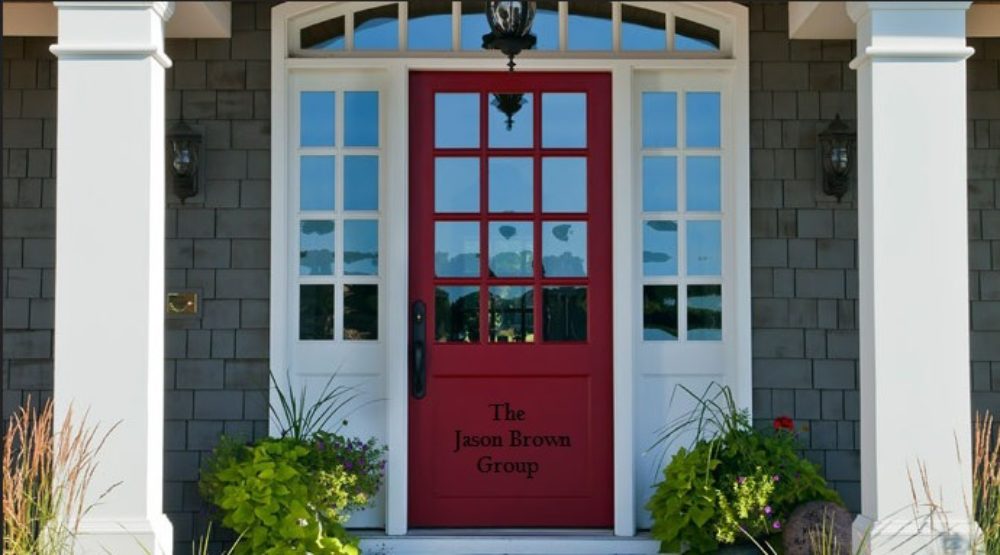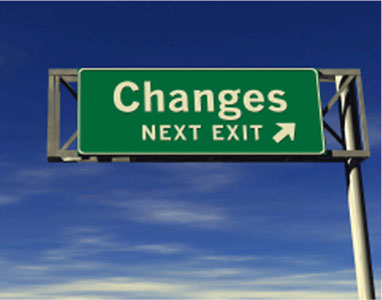Checking The Pulse Of The Kansas City Real Estate Market
For the past several years it’s become more difficult for home buyers to secure financing. There’s been an obvious over-correction in the market as lenders went from giving your dog a loan for his dog house to not giving a self-employed borrower with 50% down and an 800 credit score a loan. But things have opened up enough now that solid buyers can secure loans and purchase a great home. But just when we need some more good news, FHA comes out this month with requirements making it more difficult for borrowers to secure an FHA loan.
If you’re credit score is anywhere below 500 you can not get an FHA loan any longer. Period. Though when I asked a few lenders just how many borrowers this would affect, they all said very few… because they weren’t giving loans to sub 500 credit score buyers in the past, even though FHA would have allowed it. The real change is for the borrowers with credit scores in the 500 to 579 range. Those borrowers must now have a TEN PERCENT down payment — rather than the 3.5% minimum down payment that previous borrowers with the same credit score needed.




